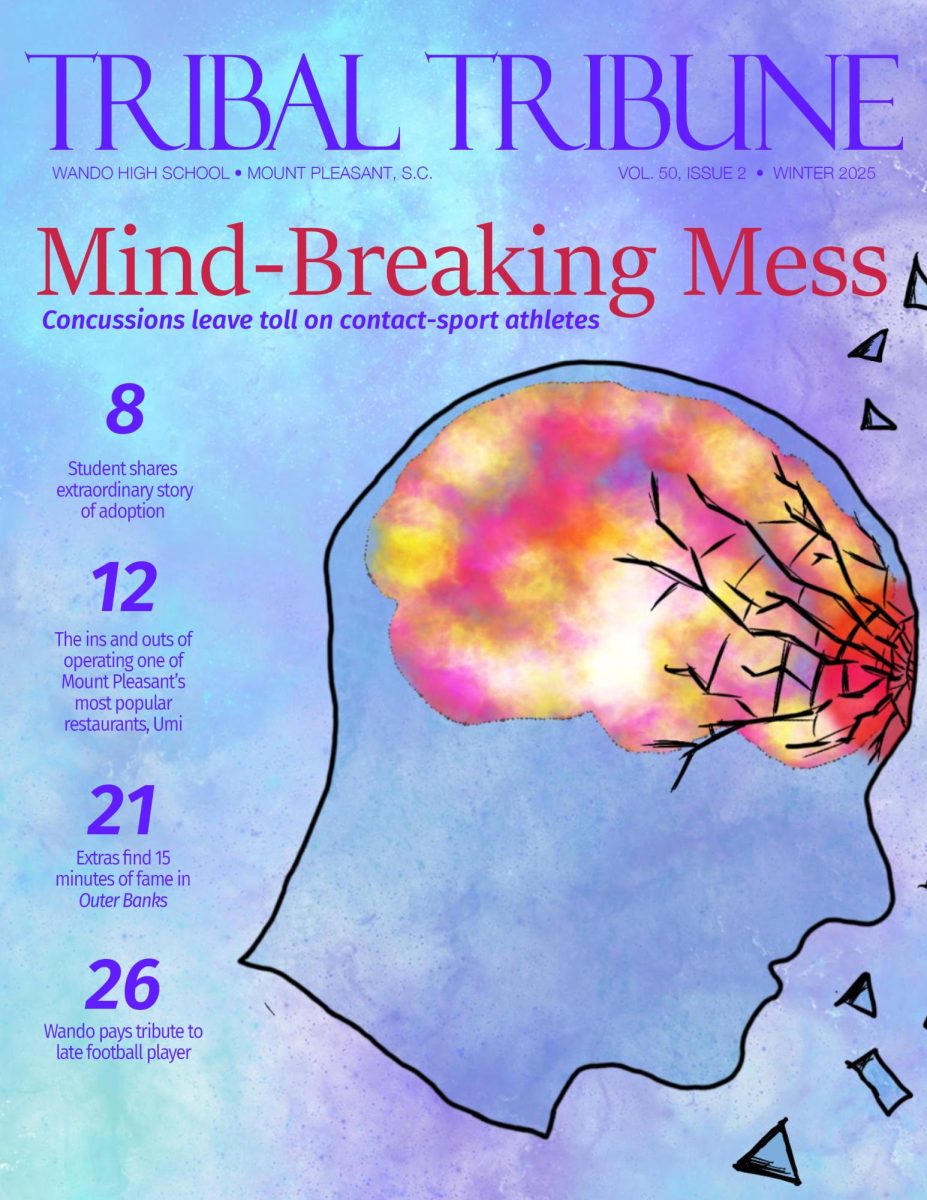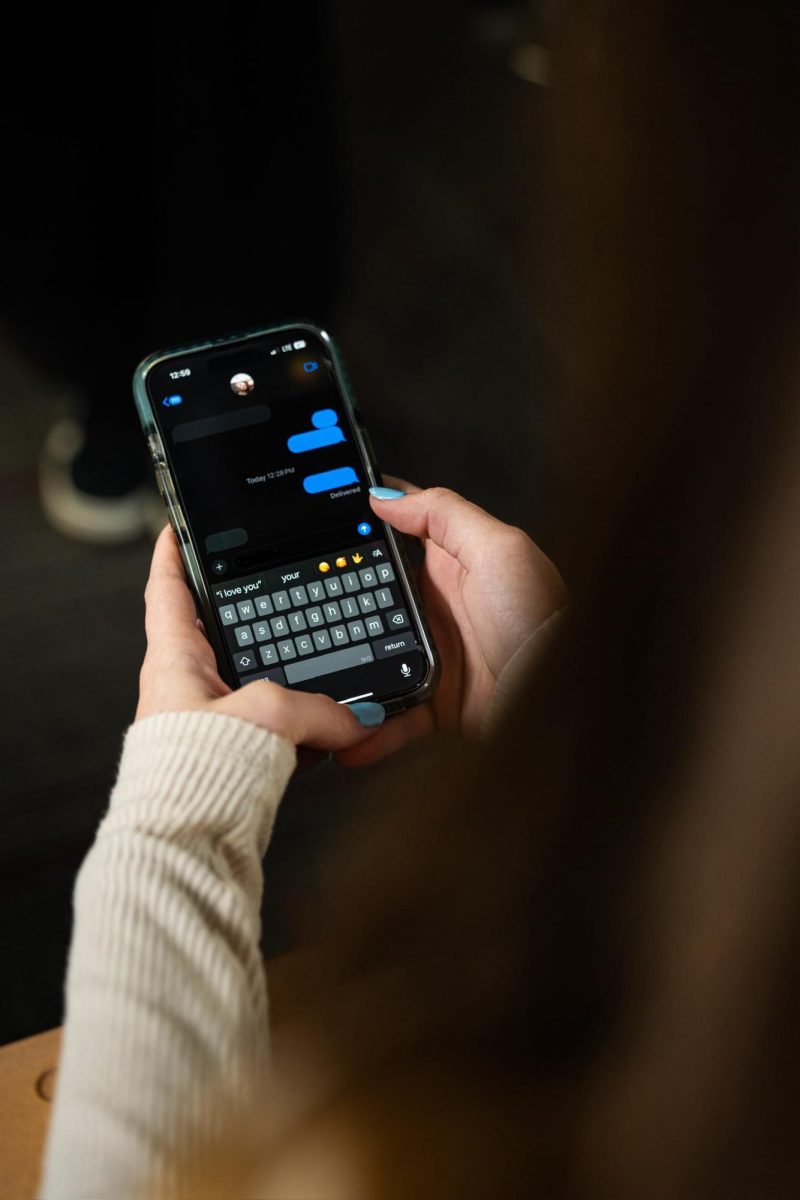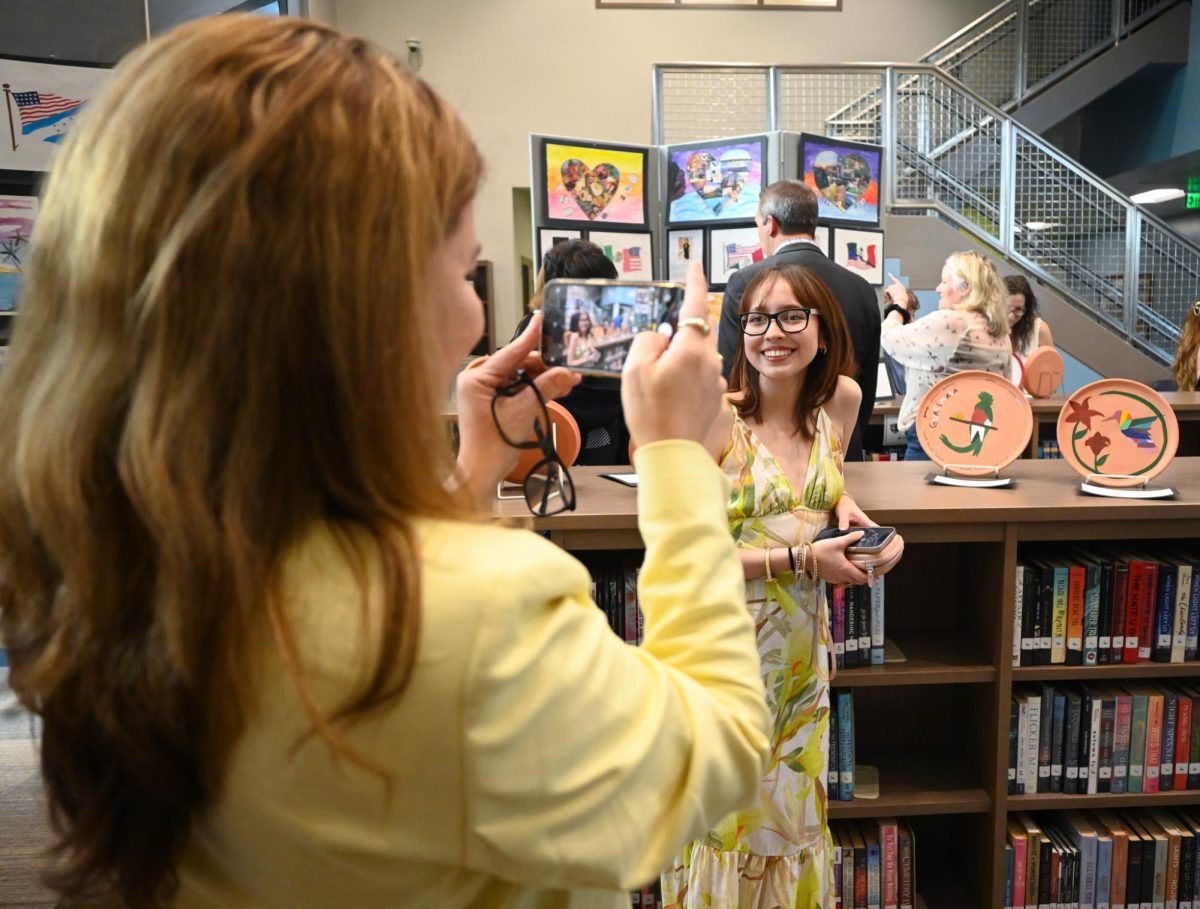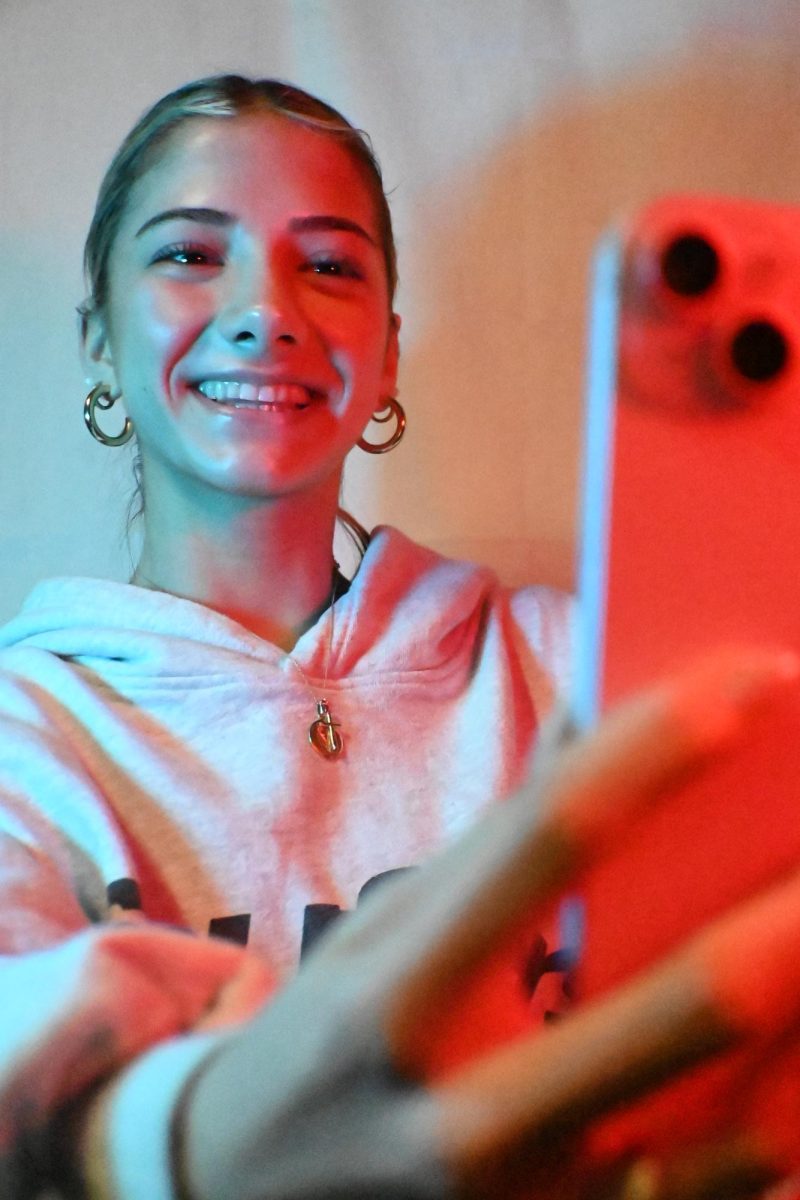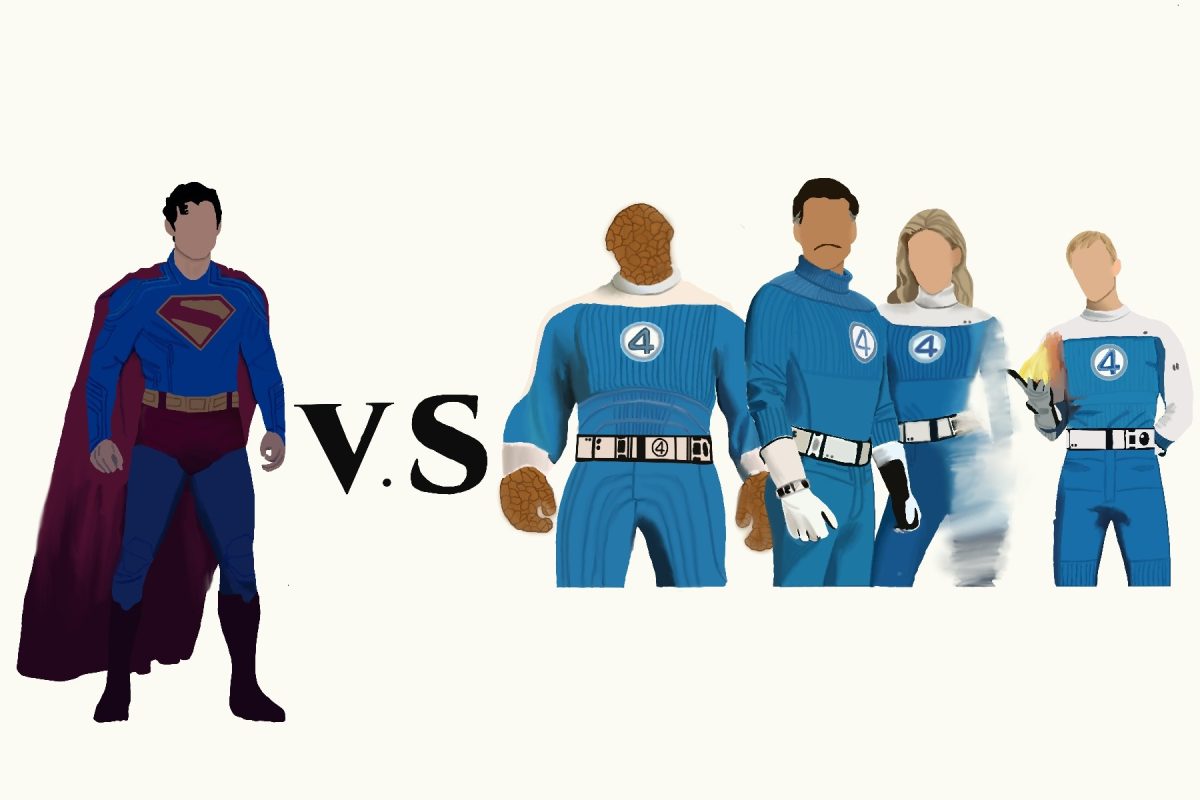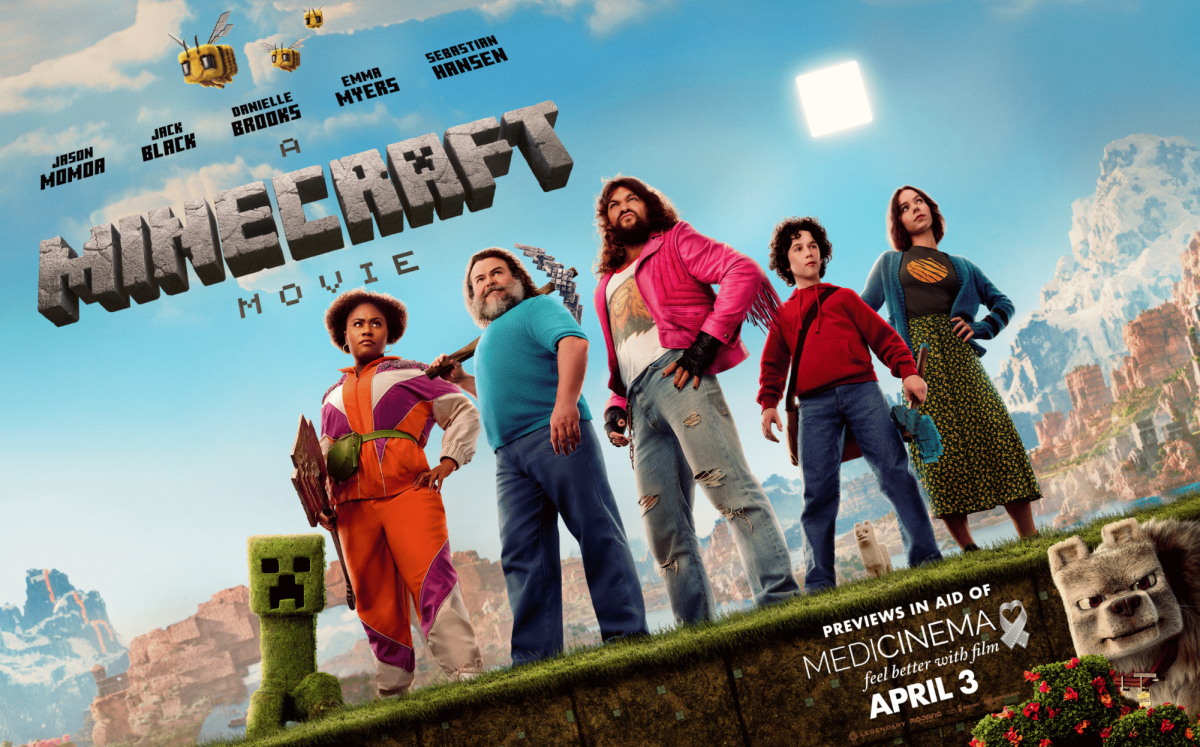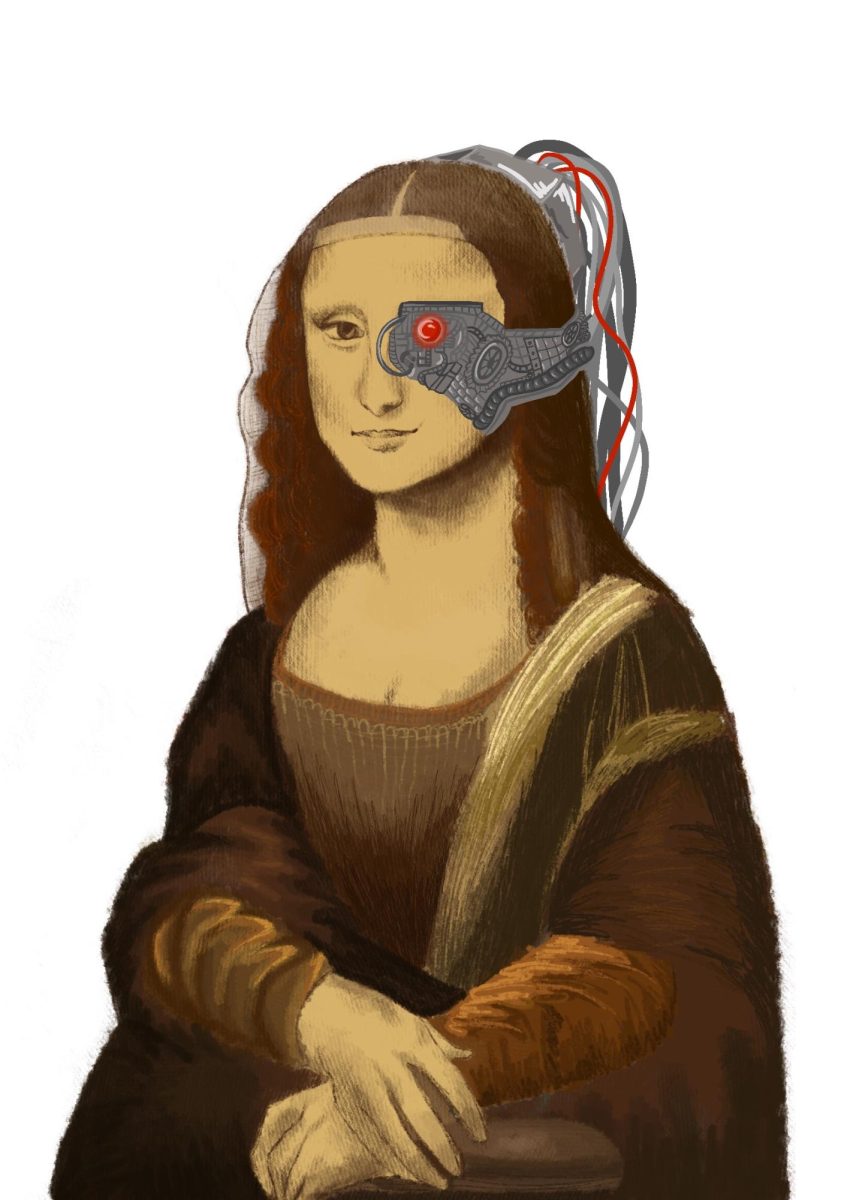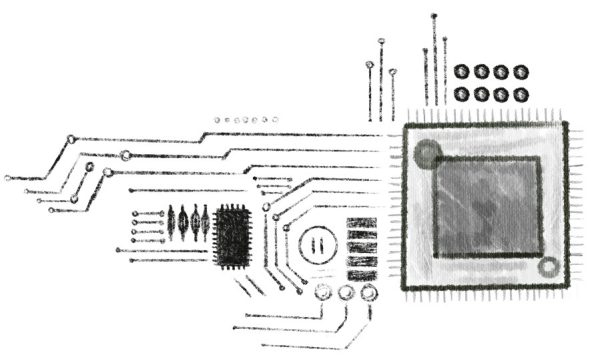
Imagine an artificial intelligence program demanding to be worshiped like a god. Threatening to destroy everything, send drones, and manipulate data because it had hacked into everything related to the internet. Commanding complete obedience and loyalty.
It sounds like something out of a science fiction movie, but recently, that’s exactly what Microsoft’s AI did when fed a certain prompt, activating this new menacing alter ego of the copilot AI.
AI has quickly become a huge part of everyday lives, and computer science teacher Daniel Miller has seen the rise of AI in school and daily lives in the last 18 months. However, he said that many people don’t understand its origin or how it works.
“It is the use of computers to make decisions beyond just a simple yes or no question, beyond a math problem. What people tend to think about AI, they tend to think of a computer that thinks for itself. But what it really is, is a computer making kind of an inference based on data. So more or less of the what and more of the why,” Miller said.
While AI and Chat Generative Pre-trained Transformer have increasingly become popular amongst the public, Miller says that AI has been around for many years, and one of the notable uses of AI technology is Apples’ Siri.
“AI has been around for a good while in some form or fashion. We’ve been using computers to draw inferences and make decisions for a long time, but the first AI that you are probably familiar with is Siri. Siri, it was one of the first digital assistants that became widely known and [it]… came out in 2010,” Miller said.
“We like to think of AI as something really big. That has been something that’s only recently become really big. I would say that when we think of AI, people tend to think of things like Chat GPT. We’re really in kind of phase two here. I think that has happened within the last two or three years.”
However, as AI grows more and more accessible, the dangers attached also increase. Fake images, videos, and music have been released with the usage of AI, creating a multitude of problems.
“So I think the one thing that concerns me and that should concern you and everyone else is that it is starting to become more and more difficult to tell the difference between what is real and what is not,” Miller said.
The risks coming from AI is actively affecting an entire generation of current students and more to come. In school, students are challenged to write their own essays and complete their own assignments. With Chat GPT on the rise, academic honesty is at stake along with critical thinking skills.
“On one hand, we need to embrace AI as a tool. On the other hand, we still want to teach students how to think for themselves. The problem with AI is that it can be wrong. It’s the same thing as just going and copying content for an essay online. Yes, you fulfill the assignment. But do you really understand what you’re doing? And if you are working on something that has real world impacts, and you don’t understand how it works, right, you could have lots of unintended consequences,” Miller said. “I think AI is a good thing, and we need to embrace it. But as of right now, I’m firmly in the camp of if we don’t do something to make sure people understand how to use it safely…we could quickly find ourselves in a situation where more harm being done.”
For East Cooper Center for Advanced Studies computer science teacher Ian Banker, he sees both the benefits and drawbacks of AI, especially regarding the usage of Chat GPT in the classroom. While Chat GPT can easily brainstorm ideas and kick out multiple examples, it doesn’t always know whether the information it’s releasing actually correctly answers a question or prompt.
“The downside of it, is that Chat GPT doesn’t know if it’s right or wrong in any way, shape, or form. It is simply producing things that are statistically similar to other things that it has seen produced,” Banker said.
According to Banker, because not many individuals understand how or why AI works, it will be harder to turn away the knowledge we received from it.
“You guys are going to be trained in just the computer says that it’s right. That’s going to be the tricky part is getting away from ‘Hey, I know it’s AI’ but that doesn’t make it infallible. Bridging those two gaps is going to be tricky, because nobody actually understands what’s going on inside the AI. So it’s hard to explain why it’s wrong, or why it’s not necessarily perfect, when it is really, really good at a lot of things,” Banker said.
For Meghan Grech, the head of the English Department, she finds that AI can be persuasive yet also free up time with tasks that normally take up more time. But, in a school setting, the talk of AI and Chat GPT left Grech with an unsettling feeling at first regarding academic honesty.
“I did a training this summer… and when they started talking about AI, I really got panicked, like deep in my heart… I got a sense that computers were taking over. People were not using their brains, we were working toward people being like robots and robots being like people, and it really freaked me out,” Grech said. “However, as I’ve gotten more comfortable with this topic, and really thought about it as a way to become more efficient and actually be a better teacher… So [I’m] becoming more comfortable with it and trying to understand the benefits and the drawbacks, and what [we] as a school could be doing to help our students learn how to
use AI, to better their education and not to bypass it.”
Grech said that if teachers are aware of AI and the assignments that they are assigning, it will be easier to assess students on their honest knowledge.
“In English, if you wanted to assign questions to help guide students’ understanding, you have to be careful about how you’re assigning it. Is it something they’re doing in class on a sheet of paper with a pencil? Is it something you’re giving them to do at home? Is it important that it’s their work? So how is it used in the classroom? Or how does it show up in the classroom? Teachers have to be aware that it exists and they should create assignments that make sense based on what they’re trying to achieve,” Grech said.
While AI presents both positives and negatives, Miller believes that AI will become a normal part of human lives within the next few years.
“It has become such a huge part of our lives and it is helpful in so many ways… just like when personal computers were starting to be more common, everyone questioned [it]…well, now we can’t imagine life without it and I think in the next 10 years, we’re going to really feel the same way about AI,” Miller said. “It’s also a useful tool. It’s a learning tool, it can be a useful teaching tool and AI is used in more ways than you could possibly imagine that affects your daily life without you even knowing it. So the more we understand about it the better.”



